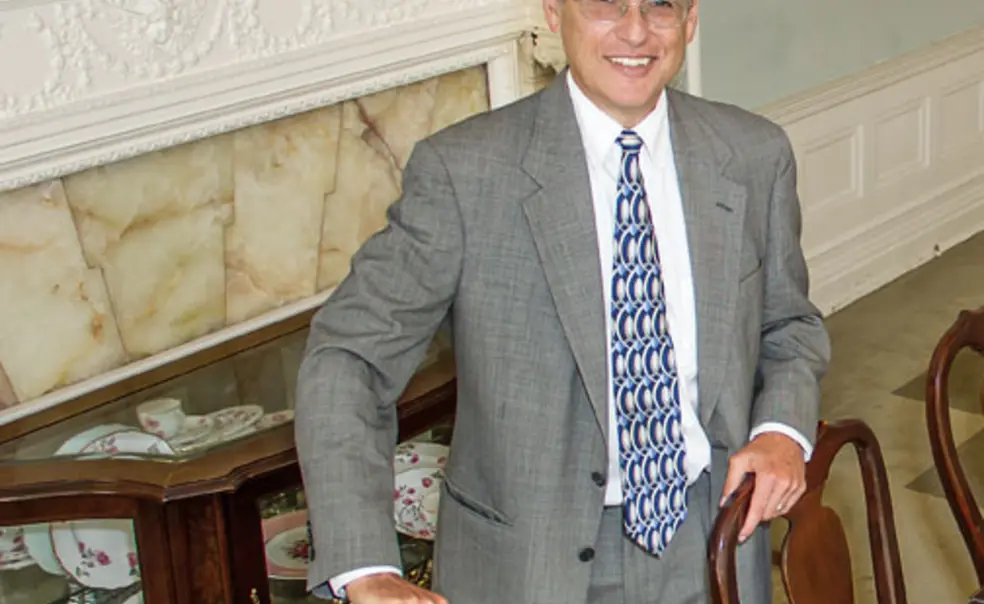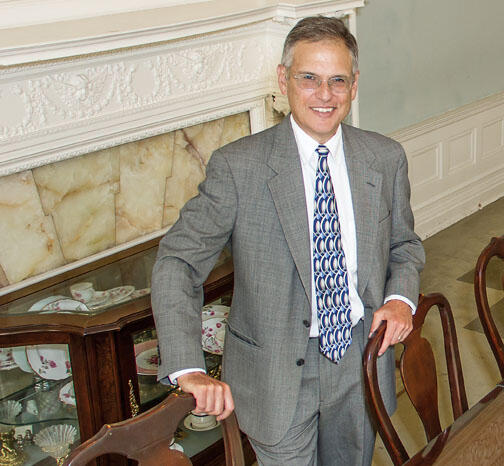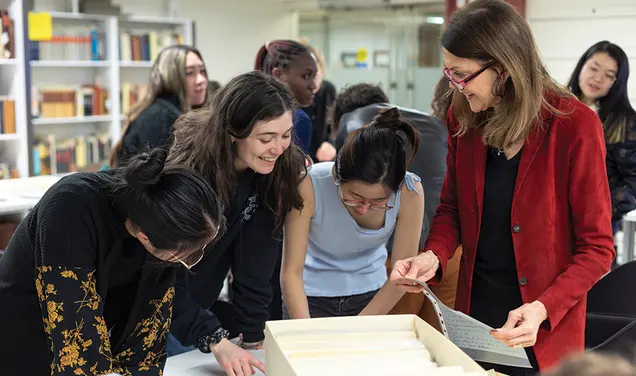It sometimes irks Joel K. Goldstein ’75 when popular culture gets the modern vice presidency wrong. HBO’s new series, Veep, portrays the vice president as a figure craving (unrequited) attention from the president, surrounded by a claque of buffoonish aides. Veep is unrealistic on both counts, Goldstein says: “The office just isn’t a joke anymore.”
Goldstein should know: He’s one of a handful of academics who specialize in the vice presidency. Of these scholars, Goldstein, a law professor at St. Louis University, is the best known. His focus on the vice presidency sometimes leads to ribbing: After all, the position he has spent his career analyzing once famously was compared to “a bucket of warm spit” by John Nance Garner, a vice president to Franklin D. Roosevelt.
Goldstein’s specialty emerged almost by accident. As a Woodrow Wilson School major, he needed a subject for a paper in his junior year. It was right around the time that Richard Nixon’s scandal-tarred vice president, Spiro Agnew, was resigning from office. Goldstein’s father told him he’d seen a TV discussion about the 25th Amendment, which addressed presidential and vice-presidential succession. Goldstein not only wrote his paper on the vice presidency, but also covered the topic in his senior thesis — and in his Oxford University dissertation, published in 1982 as The Modern American Vice Presidency: The Transformation of a Political Institution.
He’s now writing a follow-up volume to that book, examining the subsequent developments in the history of the vice presidency.
Every presidential election year, reporters beat a path to Goldstein’s door. He tells them that the vice presidency has changed dramatically over the past few decades. The major break began with Jimmy Carter’s vice president, Walter Mondale, who junked the tradition of VPs seeking a small number of carved-out policy assignments and instead took on a wide-ranging, “troubleshooting” portfolio. Goldstein says Mondale defined the vice presidency in a way that profoundly shaped the future of the job.
To greater or lesser degrees, Mondale’s vice-presidential successors took active, aggressive policy roles that mirrored his. George H.W. Bush took on important overseas diplomacy assignments; Al Gore led initiatives on reinventing government and relations with Russia; Dick Cheney was widely perceived as the most powerful vice president in history; and Joe Biden has taken a top role in several key issues, including the economic stimulus.
Goldstein acknowledges that he was surprised by the choice of Paul Ryan, a Wisconsin congressman whose inclusion on the ticket ties Mitt Romney closer to Ryan’s controversial budget proposals. Just days before Ryan was tapped, Goldstein predicted to friends that Romney would choose Sen. Rob Portman of Ohio, who might have given Romney an edge in the Buckeye State, a crucial battleground.
“The main thing I’m interested in is how an institution that was a national joke turned into an office of such significance that, during the Cheney years, people were saying it was too powerful,” Goldstein said. “That would have been unbelievable to John Adams or Hubert Humphrey or Nelson Rockefeller.”











No responses yet